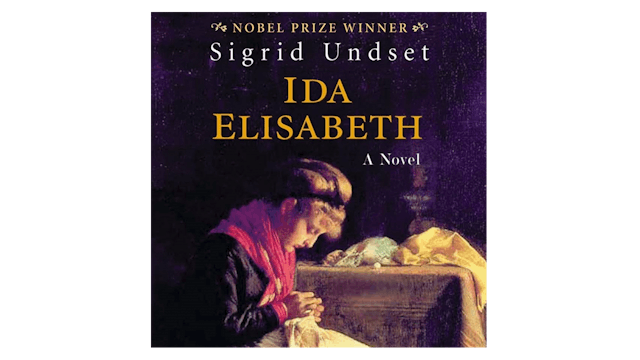Hilaire Belloc called “Lepanto” Chesterton’s greatest poem and the greatest poem of his generation. But not only have English classes neglected this masterpiece of rhyme and meter, History classes have neglected the story of the pivotal battle upon which the poem is based.
This book brings together the poem, the historical background of the famous battle, a riveting account of the battle itself, and a discussion of its historical consequences. The poem is fully annotated, and is supplemented with two interesting essays by Chesterton himself. Well-known Chesterton expert, Dale Ahlquist, has gathered together all the insightful commentaries and explanatory notes. Here is the story behind the modern conflict between Christianity and Islam, between Protestant and Catholic Europe, and the origin of the Feast of the Holy Rosary. A fascinating blend of literature, history, religion and romance!
“A valuable reference book that is also a great read!”—Therese Warmus, Literary Editor, Gilbert Magazine
G.K. Chesterton was one of the most prolific and renowned literary writers of the 20th Century. Dale Ahlquist, author of G.K. Chesterton: Apostle of Common Sense, is the President of the American Chesterton Society.
Up Next in Most Popular
-
Ida Elisabeth by Sigrid Undset
In this compelling drama about fidelity, sorrow and forgiveness, Nobel Prize-winning author Sigrid Undset tells the story of Ida Elisabeth, who marries her teenage sweetheart, Frithjof, in an effort to redeem her reputation. Early in their marriage, she realizes that her charming husband is incap...
-
100 Hearts: Betrayal and Forgiveness ...
The pain of betrayal by a trusted friend and the freedom born from forgiveness unfolds in two parallel dramas in the life of Blessed Clelia Merloni, Foundress of the Apostles of the Sacred Heart of Jesus and Professor Giulia de Magistris, a contemporary newly promoted school administrator. Each m...
-
Chapter 4: Where does this fit in the...
Jesus Christ was sent by the Father to bring all of humanity back into a relationship with Him. In order to accomplish this mission in every place and in every era, Jesus established a Church, gathered around this mission. If the Church has been sent in this way, as the Bride of Christ, then so h...




14 Comments